From the January 19, 1990 Chicago Reader. –J.R.
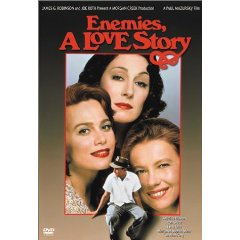
ENEMIES, A LOVE STORY
*** (A must-see)
Directed by Paul Mazursky
Written by Roger L. Simon and Mazursky
With Ron Silver, Anjelica Huston, Lena Olin, Margaret Sophie Stein, Alan King, Judith Malina, and Mazursky.
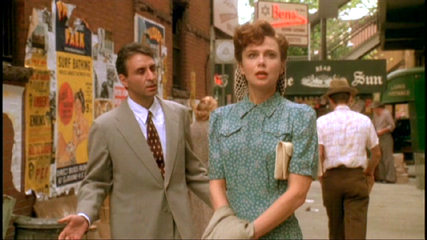
It’s a truism of film criticism that the best movie adaptations of novels usually aren’t taken from the best novels. A good novel, like a good movie, has its own raison d’être, and attempting to translate one person’s novel into another person’s movie usually entails removing the novel’s raison d’etre or at least transmogrifying it beyond recognition. A classic example of misplaced piety, in the sense of a movie trying to follow a novel too closely, is Joseph Strick’s Ulysses (1967): despite the fact that characters, settings, and entire textual passages from Joyce are all dutifully delivered and rendered, Joyce himself is absent from the movie. The personal, historical, and formal determinations of the book have nothing to do with those of the director of the film, working almost half a century later. The gap between Joyce’s reasons for writing Ulysses and Strick’s reasons for adapting it is so cosmically wide that the two sets of motivations aren’t even on speaking terms. Read more
This piece comes from the November 19, 1993 issue of the Chicago Reader. —J.R.

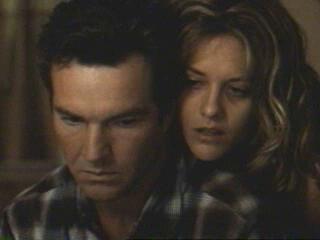
A STREETCAR NAMED DESIRE
*** (A must-see)
Directed by Elia Kazan
Written by Tennessee Williams and Oscar Saul
With Vivien Leigh, Marlon Brando, Kim Hunter, and Karl Malden.
FLESH AND BONE
** (Worth seeing)
Directed and written by Steve Kloves
With Dennis Quaid, Meg Ryan, James Caan, and Gwyneth Paltrow.
Depending on whose figures you believe, the recently released “director’s cut” of A Streetcar Named Desire is either 4 percent or 8 percent longer than the version released in 1951. All the originally censored elements — lines of “racy” dialogue and shots of lustful expressions — have been restored, and the fact that this once-scandalous 126-minute movie is now accorded a PG rating indicates the progress we’ve made in some areas.
But if you think people are getting more of the movie now than they could 42 years ago, you’re mistaken. The running time is longer, but thanks to current movie-projection habits, close to 25 percent of every frame is missing at most screenings. The aspect ratio of the original movie — the relationship between the height and width of the frame — is 1:1.38, the standard ratio of all Hollywood movies in 1951. Read more
From the September 3, 1999 Chicago Reader. It seems worth reposting because, I’m happy to report, both these films are now available on DVD. — J.R.
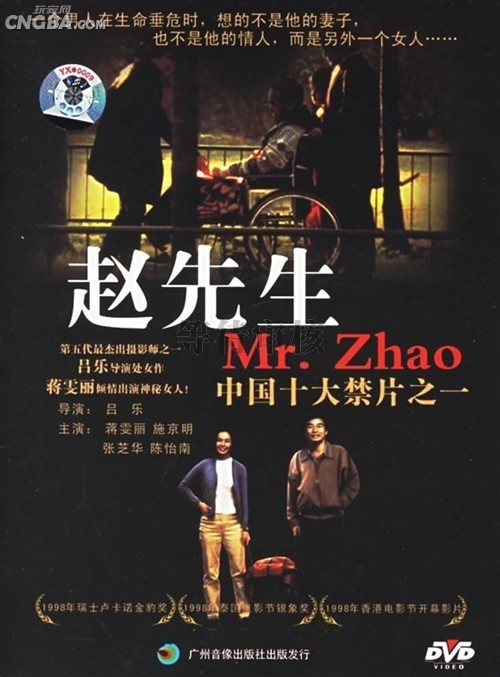
Mr. Zhao
Rating *** A must see
Directed by Lu Yue
Written by Shu Ping
With Shi Jingming, Zhang Zhihua, Chen Yinan, and Jiang Wenli.
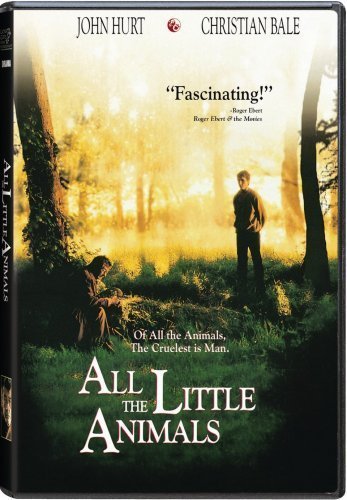
All The Little Animals
Rating *** A must see
Directed by Jeremy Thomas
Written by Eski Thomas
With John Hurt, Christian Bale, Daniel Benzali, James Faulkner, and John O’Toole.
Two of the best movies of 1998 are opening in Chicago this week — which makes them two of the best movies of 1999 — but the odds of either making much of a splash are just about nil. For one thing, they don’t appear to have opened previously anywhere else in the U.S., ruling out any advance buzz. For another, the budget for publicity in both cases appears to be about 15 cents; by contrast, the advertising budget for Austin Powers: The Spy Who Shagged Me was between $35 million and $40 million, not counting the Time Warner tie-ins (the entire production budget was $33 million). As a consequence, information about both films is hard to come by — I can’t even determine whether the screenwriter of Mr. Read more
From the April 17, 1998 Chicago Reader. — J.R.
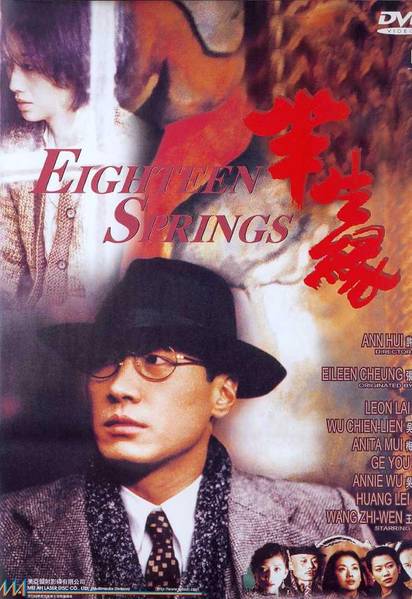
Eighteen Springs
Rating ** Worth seeing
Directed by Ann Hui
Written by John Chan
With Leon Lai, Wu Chien-lien, Anita Mui, Ge You, Annie Wu, and Huang Lei.

I don’t know exactly what I think about Ann Hui’s 12th feature, playing twice this weekend at the Film Center. At this point I don’t think it’s a masterpiece — though that doesn’t necessarily mean you shouldn’t see it. Arriving at these two conclusions is something of a professional necessity for me, because whenever I write a long review for this paper I have to assign the film a certain number of stars; if you look at the box headed “film ratings” the meaning of those ratings is spelled out, from “masterpiece” (four stars) to “worthless” (none). But sometimes this necessity presents me with a dilemma, because my better instincts tell me that it’s often impossible to know immediately after seeing a film whether it’s a masterpiece or not. And while I’m at it, let me confess to another doubt, one that relates to the general inflation of rankings that infects my profession, whether critics are reviewing a Hollywood blockbuster or a Hong Kong art movie: I fear that if I tell people that Ann Hui’s Eighteen Springs (or the Coen brothers’ The Big Lebowski) is only “worth seeing,” a lot of them won’t bother to go — even if maybe some of them should, for their benefit, not mine. Read more








